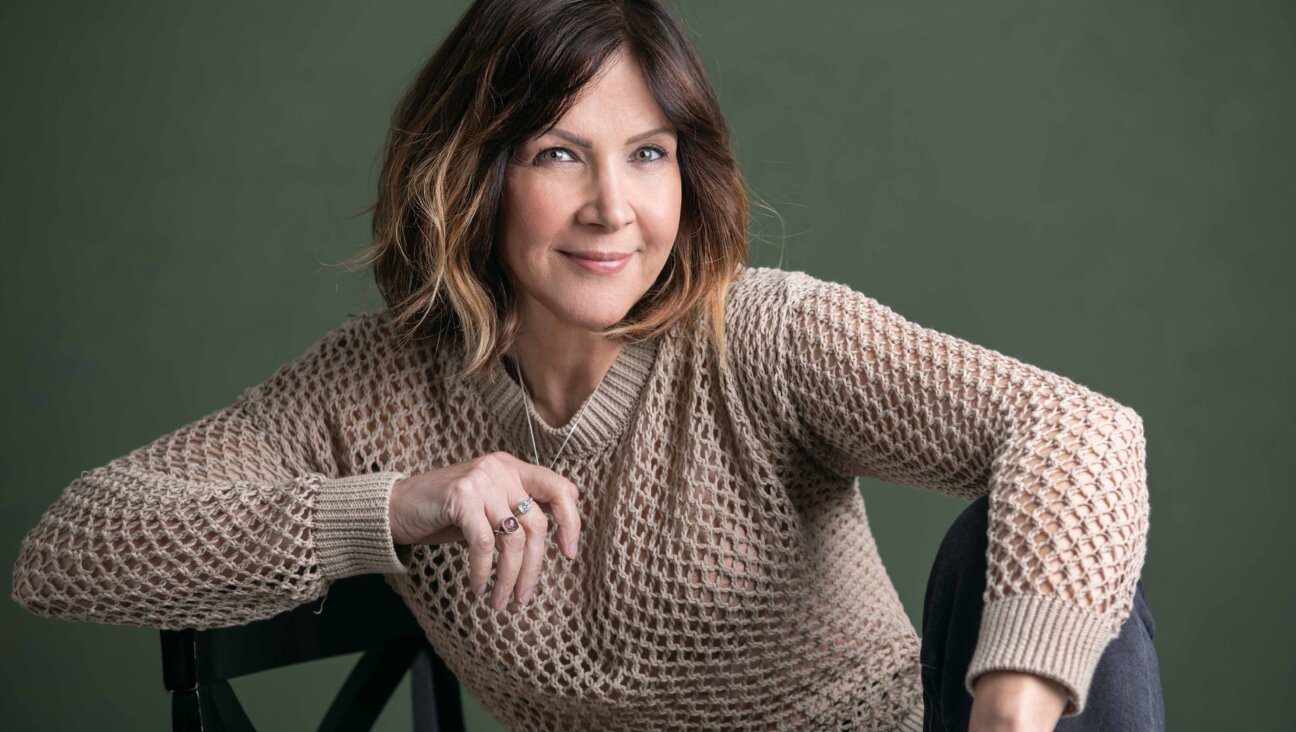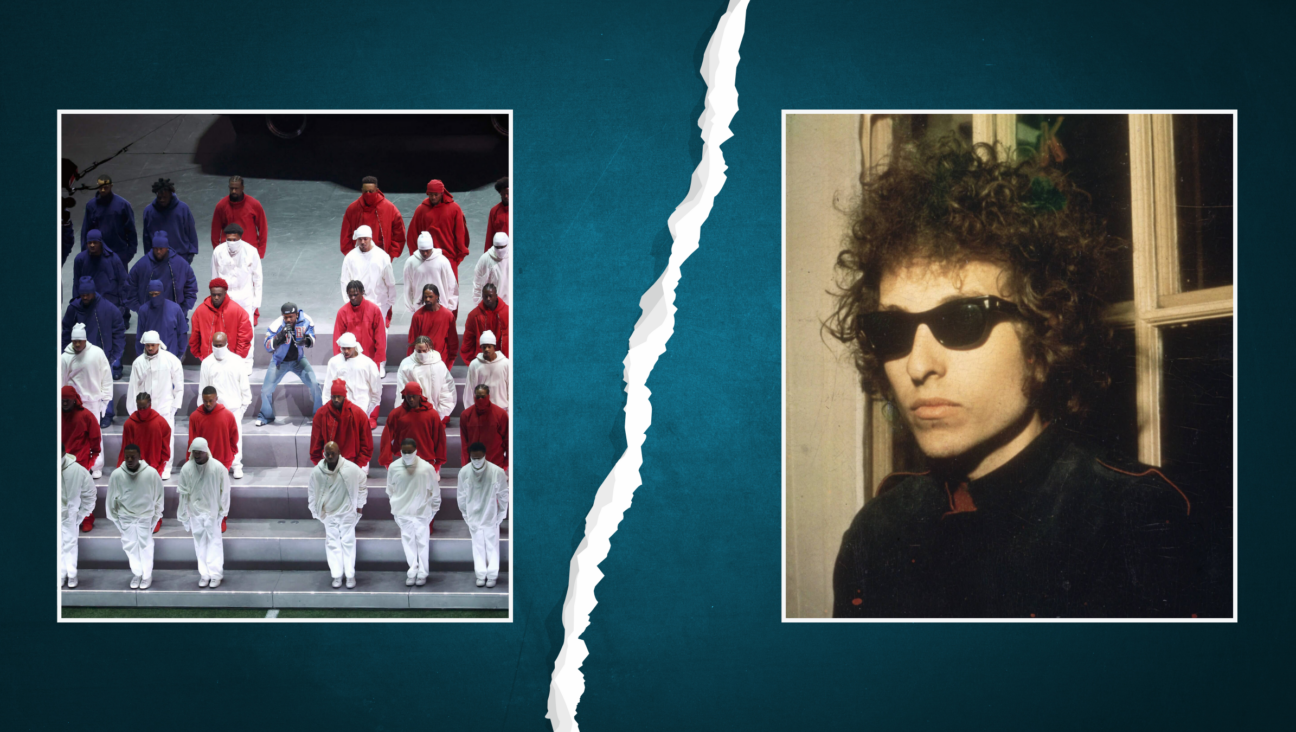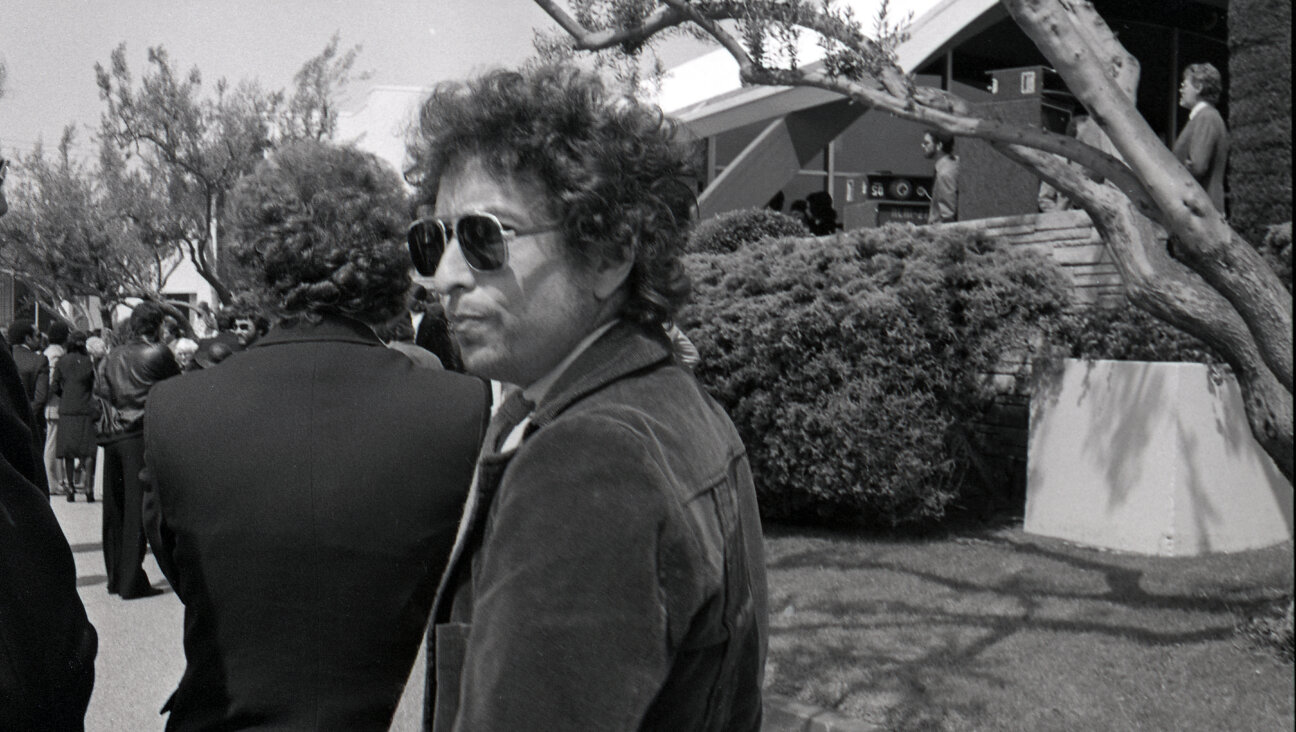Violinist Completes Father’s Piece Cut Short by Nazis

Image by Thinkstock
In Raanana, Israel, Eugene Drucker’s brown eyes welled with tears as he finished a rendition of Brahms Violin Concerto in D Major, Op. 77, which his father began 80 years prior in Germany, only to be cut short by anti-Semitic Nazi policy. Accompanied by the Raanana Symphonette Orchestra, the 63-year-old, says his father, Ernest Drucker, who passed away in 1993, “would feel a sense of completion. I think in some ways many aspects of my career serve that purpose for him.”
The concert in Raanana commemorated the Judischer Kulturbund (Jewish Cultural Organization), a federation of Jewish musicians segregated from the rest of Nazi Germany so as not to “sully” Aryan culture, the AP reported.
Drucker’s father, Ernest, was a member of the Kulturbund, as well as a top student at the Cologne Conservatory of Music, where in 1933, he was scheduled to play the entire Brahms concerto at his graduation.
The day of his graduation concert, Drucker’s name was crossed off the program. Drucker’s teacher, who threatened to resign if his name was not restored to the program, reached a compromise with the school’s newly installed Nazi administration: Drucker could perform only the first movement of the concerto before a non-Jew replaced him.
And so, one of the Conservatory’s best musicians – a Jew – played to an audience that included rows of Nazi Stormtroopers before being brushed off stage and into the refuge of the Kulturbund.
The Kulturbund began as a response to Nazis’ “The Jewish Question,” offering a preliminary form of cultural purification before sending Jews to their deaths in concentration camps. Still, many German Jews were not only heavily assimilated into German culture, but also took pride in it. Among the most famed groups of Jewish creatives, the Kulturbund became a veil for Nazi racism, and the Jewish musicians who participated were naively optimistic. Orit Fogel-Shafran, general manager of the Raana Symphonette Orchestra, told the AP, “[The Jews] wanted to show the Germans why it was important to preserve us and why we were better than they thought we were…There was this delusional sense that this may alter their fate. This was a mistake. They thought this game them some sort of immunity.”
The Kulturbund gave its 70,000 members from 49 different locales a false sense of security and belonging to the German culture. However, by organizing themselves, the Jews of the Kulturbund became an easy target for “unwitting self-destruction,” says Hillel Zori, a cellist in the Raana Symphonnette.
In the five years following his graduation, Drucker rose to be a central player in the Kulturbund before he escaped Nazi Germany and moved to the United States in 1938. As Tablet reported, the Nazis eventually restricted the Kulturbund repertoire, finally relegating them solely to Jewish music. The Gestapo shut them down in 1941.
A message from our Publisher & CEO Rachel Fishman Feddersen

I hope you appreciated this article. Before you go, I’d like to ask you to please support the Forward’s award-winning, nonprofit journalism so that we can be prepared for whatever news 2025 brings.
At a time when other newsrooms are closing or cutting back, the Forward has removed its paywall and invested additional resources to report on the ground from Israel and around the U.S. on the impact of the war, rising antisemitism and polarized discourse.
Readers like you make it all possible. Support our work by becoming a Forward Member and connect with our journalism and your community.
— Rachel Fishman Feddersen, Publisher and CEO





























